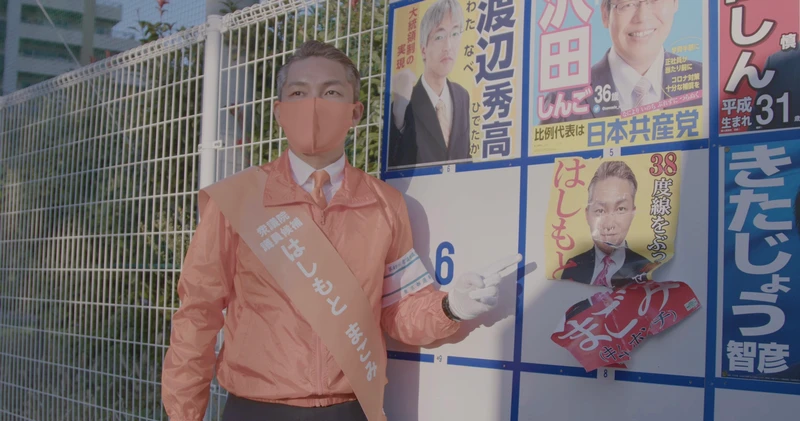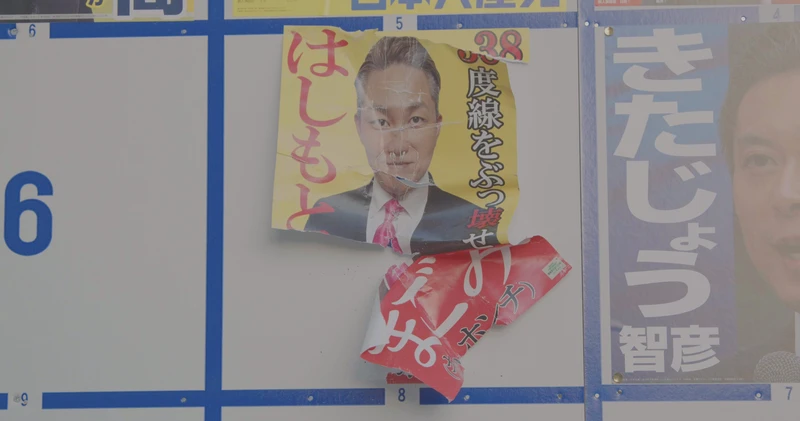Magomi Hashimoto wore an eerie smile when he gazed straight at the camera. In the background are the words “Break down the 38th parallel.” This statement does not only refer to the latitude that divides North and South Korea, two nations that technically remain at war, but also the treatment of people of Korean ethnicities in Japan.

Sadly Hashimoto could not win a seat in the election. Still, his campaign brought up a subject that many ethnically homogeneous countries prefer not to discuss. Being a minority group in a nation where most people are ethnic Japanese, Zainichi has been the subject of discrimination.
The cases illustrate how certain are still unwelcome “foreigners,” even though ethnic Koreans have been in Japan since the Japanese empire was annexed in 1910 and controlled until the end of WWII. They aren’t considered citizens and don’t have voting rights until they become naturalized.

However, Hashimoto is a Japanese man whose mother is Zainichi and sees these actions as primarily ineffective. He’s looking to establish the party of his choice and pass legislation that would give citizenship rights to Zainichi Koreans.
Hashimoto is the child of a Yakuza father and a North Korean mother. Hashimoto plans to strengthen the bond between Zainichi and Japanese communities. He mentions that he experienced the discrimination firsthand when he was in school at the early age.

Amid the 1,051 candidates who ran in the race, Hashimoto was the only candidate who made Zainichi rights a central part of their plans. However, his lack of prior expertise and affiliation to an official political party, means that he was virtually out of chances of winning. Especially, since ruling Liberal Democratic Party (LDP) is well-known for its powerful influence on the political landscape of Japan. The LDP maintained its one-party majority, although certain prominent members lost seats to small opposition groups.
The issue about Zainichi rights is so obscure that his campaign got little media attention. A total of 360,000 Zainichi reside in Japan. However, some researchers claim that many more are using Japanese names to prevent discrimination, and hence they wouldn’t be counted by research scholars.
Also read about Foreigners In Japan Face Significant Levels Of Discrimination Survey Says!